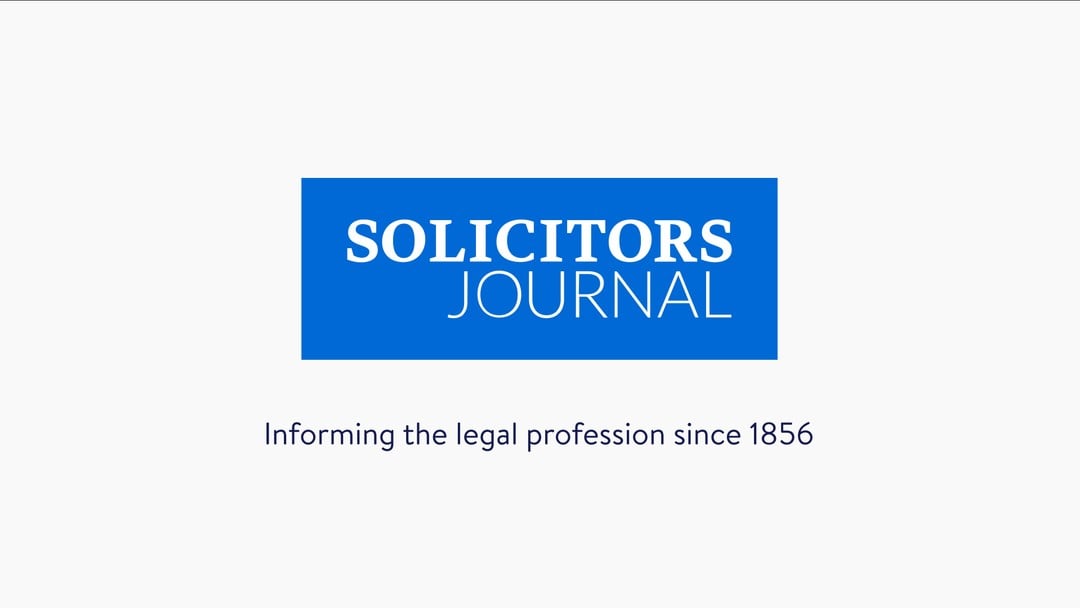Quixotic endeavours

By David Rhodes
Forcing a jury to provide reasons for its decision questions the right, embedded in the Magna Carta, to trial by jury, warns David Rhodes
'I cannot bring myself to believe that there are any persons other than inmates of a lunatic asylum who would vote in favour of the abolition of trial by jury in serious criminal cases,' said Humphreys J in 1954 ('Do We Need a Jury?' [1954] Crim LR 457).
Heedless of Humphreys J's diagnosis, Parliament has in recent times made several encroachments on the 800-year-old principle of trial by jury. Juries can now be presented with sample counts only and have been divested of the power to find unfitness to plead; their removal in complex fraud trials waits in the wings. Worryingly, in June 2009, the Court of Appeal decided that because of the risk of jury tampering a defendant known as T should, in accordance with section 44 of the Criminal Justice Act 2003, become the first defendant in England and Wales to be tried before a Crown Court without a jury: R v T [2009] EWCA Crim 1035.
Yet, a greater threat to what most English men and women would consider their sacred right to trial by their peers comes, paradoxically, not from Parliament but from the European Court of Human Rights and its interpretation of the requirements of the right to a fair trial. In a chamber decision, Taxquet v Belgium (Application no. 926/05), delivered a fortnight before R v T, the European Court of Human Rights may have begun article 6's undoing of Magna Carta by requiring that jurors provide reasons for their decisions.
Richard Taxquet was sentenced in 2004 by the Lieges Assize Court to 20 years' imprisonment for the murder of Belgian government minister André Cools and the attempted murder of Cools' partner. The murder exposed one of Belgium's largest political corruption scandals and led to the conviction of several government ministers and prompted the suicide of one of the minister's accused murderers.
'Arbitary justice'
Taxquet appealed to the Strasbourg court alleging that his conviction violated, inter alia, article 6, paragraph 1 because he was not provided with the jury's reasons. Though the extent of any reasons depend on the circumstances of each case (Ruiz Torifa v Spain (1995) 19 EHRR 553; Hiro Balain v Spain (1995) 19 EHHR 556; Georgiadis v Greece (1997) 24 EHHR 606)), reasons for a tribunal's decision are a must (Van De Hurk v The Netherlands (1994) 18 EHRR 481, paragraph 61). The jury when trying Taxquet was set a series of questions on all aspects of the alleged murder and attempted murder. Was Taxquet a principal or joint principal? Had he premeditated the homicide? To each of the 32 questions, the jury had to answer with one of two monosyllables: 'yes' or 'no'. In upholding Taxquet's appeal and rejecting earlier Strasbourg cases in support of 'yes'/'no' jury decisions, the chamber concluded that 'such laconic answers to vague and general questions could have left the applicant with an impression of arbitrary justice lacking in transparency'.
In 2001, Lord Justice Auld deemed the jury's 'oracular verdict' as most likely compatible with the Convention on the basis of the Strasbourg court's indirect approval of the jury system in Condron v UK [2000]31 EHRR 1, paragraph 57, and the commission's view in Zarouali v Belgium (Application No. 20664/92) that the Belgian jury's 'yes'/'no' responses provided reasons for a decision when considered alongside the judge's summing-up.
The Zarouali decision was unfortunately one of the precedents disapproved of by the chamber in Taxquet.
While the sword of Damocles hangs over the jury trial, the British media has remained silent. Type 'Taxquet' into the search engines of national newspapers and you will find no record of the Strasbourg court's dissatisfaction with juries' unreasoned decisions
In jeopardy
For centuries, revealing the reasons behind a jury's verdict has been a common law and statutory offence, even if a Ouija board might have been relied upon in the jury room to arrive at a decision of guilt (R v Young [1995] 2 Cr App R 379). The unreasoned verdict, 'essential to the operation of the jury system' (per Lord Slynn in Mirza (Shabbir Ali) [2004] UKHL 2; 1 AC 1118, 1145), secures the finality of jury verdicts and spares untutored jurors the arduous task of drafting appeal-proof decisions (Ellis v Deheer [1922] 2 KB 113, 121). After an aeon of silence, what form should a jury's reasons take? Collegiate decisions? Individual decisions? Should judges retire with juries and possibly defeat the point of jurors? Will laymen be capable of crafting reasons satisfactory to defendants, the Crown and appellate courts? Or will the jury system collapse if forced to provide reasons? Perhaps the Supreme Court, if faced with an appellant relying on a finding of violation of article 6, paragraph 1 by the Grand Chamber in Taxquet, will refuse, as in R v Horncastle [2009] UKSC 14, to apply the Strasbourg authority.
Notwithstanding its constitutional importance as a microcosm of democracy, the continued existence of Magna Carta's jury system is in jeopardy, not because of Parliamentarians' infringements on our rights, but because of a quixotic endeavour to uphold them. The demand for jurors' reasons might in the end, as Humphreys J feared, lead to a most unreasonable, lunatic abolition.
